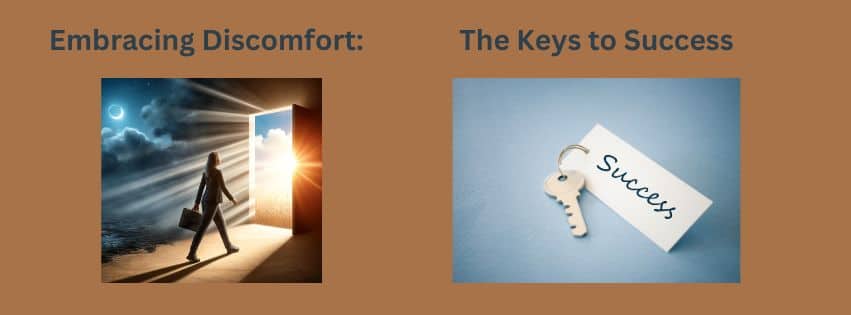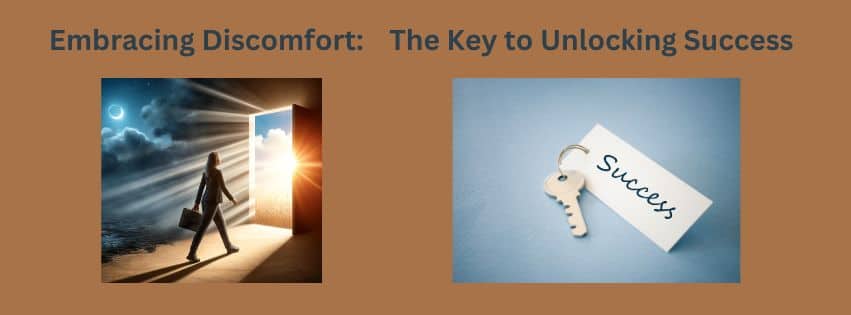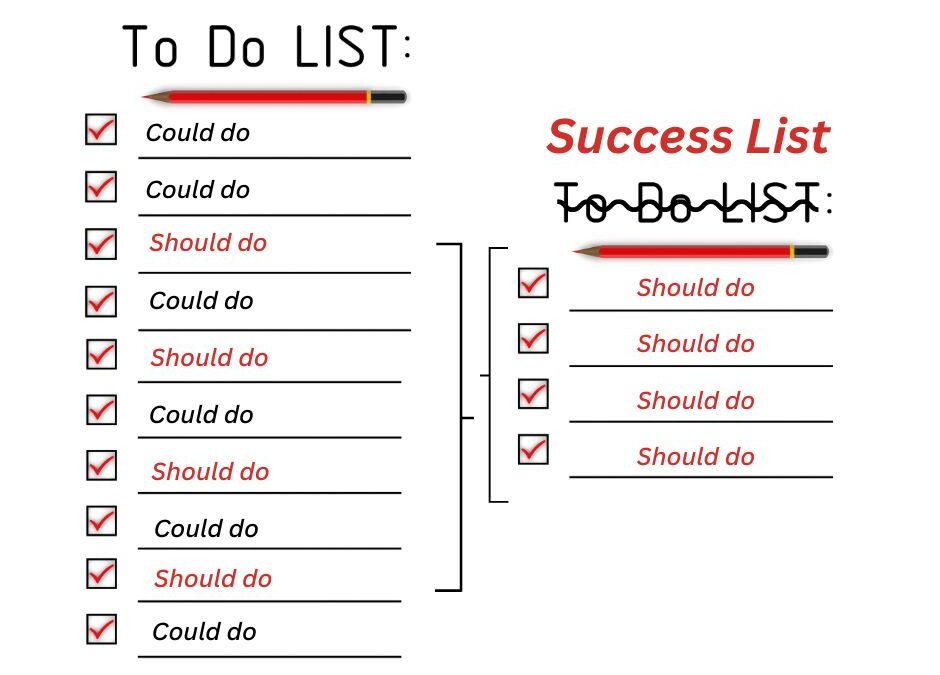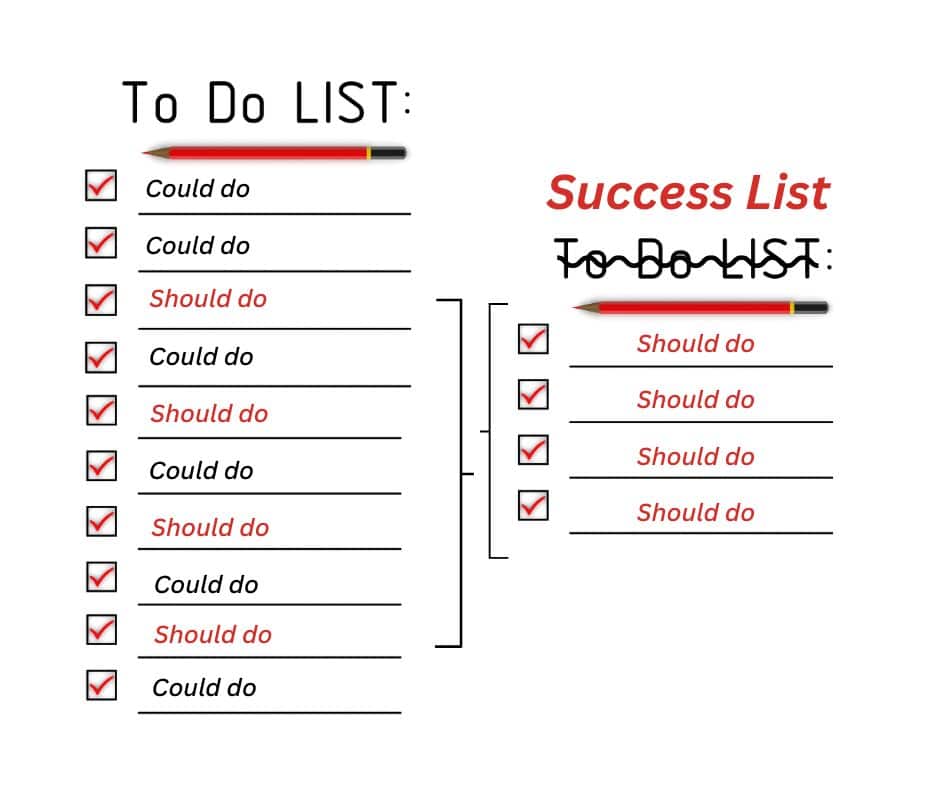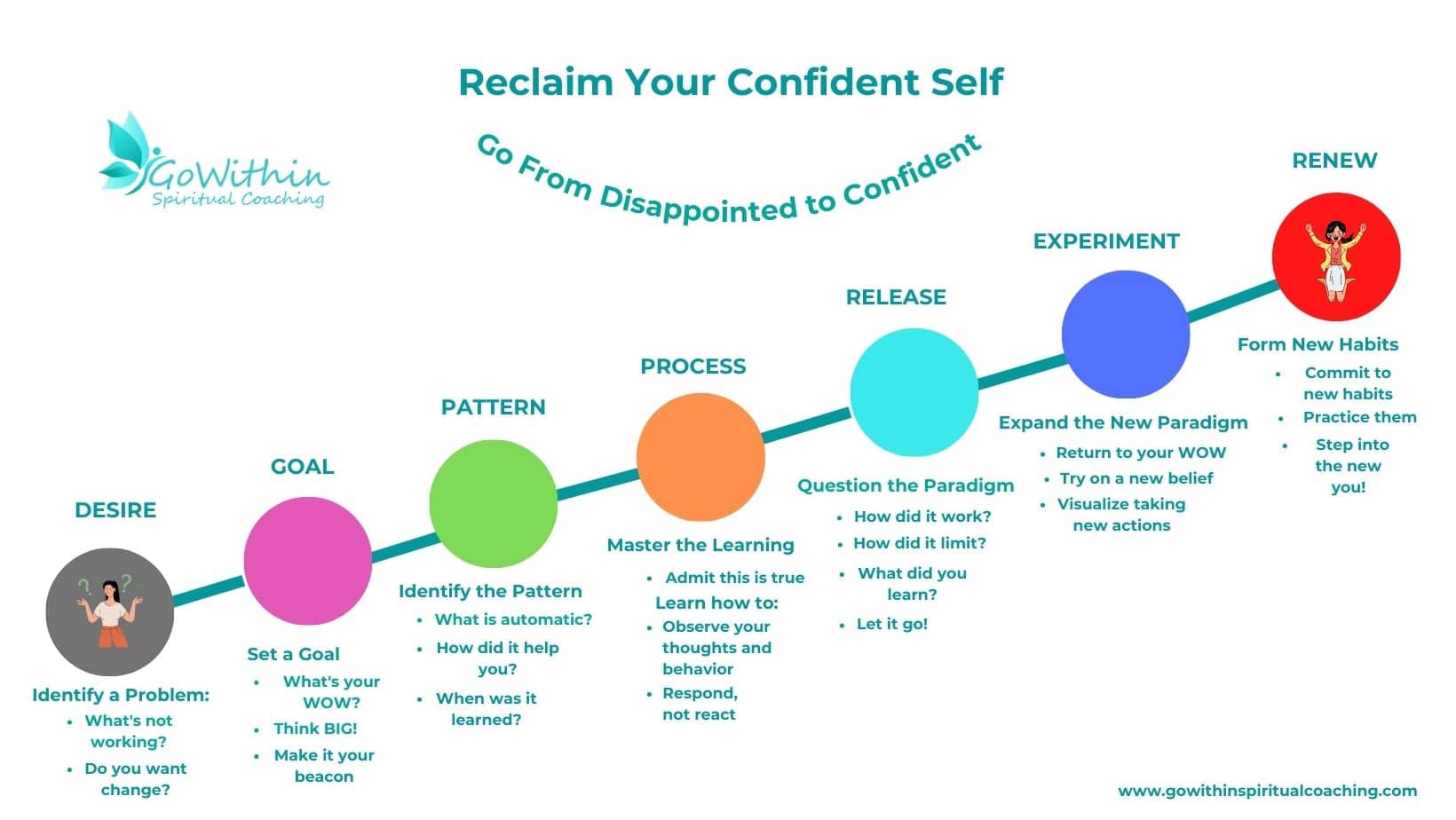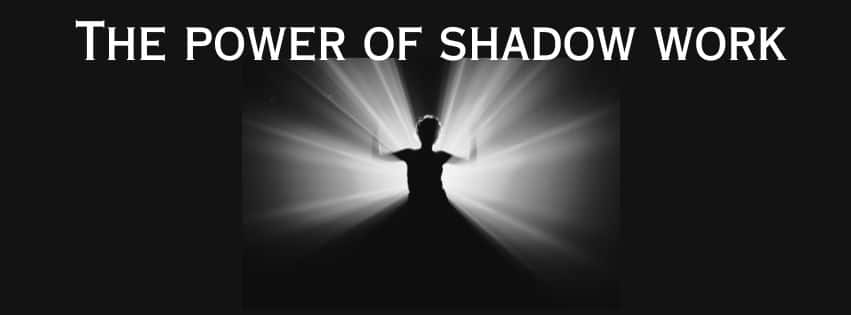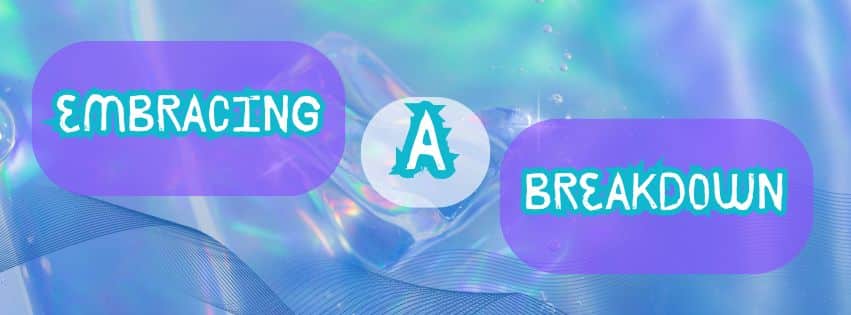
Embracing the Breakdown
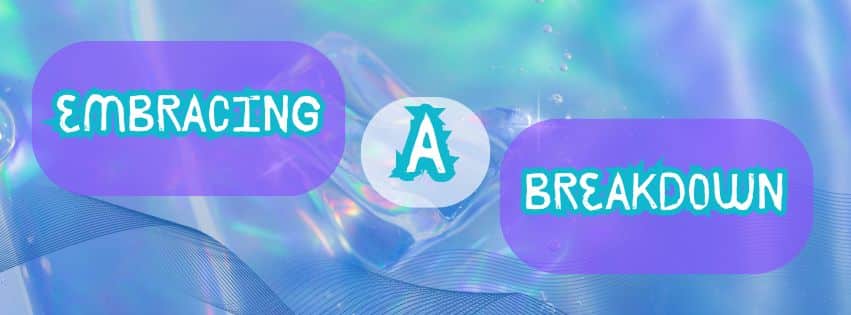
Embracing the Breakdown: The Precursor to Breakthrough
In the journey of personal transformation and healing, we often hear about the glorious breakthroughs—those moments of clarity and empowerment that propel us forward. However, what’s less discussed, yet equally significant, is the breakdown that often precedes the breakthrough. This concept is vividly explored in Chapter 10 of my book, “Struck by Lightning: My Journey from the Shadow to the Light,” where I delve into the depths of my darkest moments and how they set the stage for profound change. This theme is also the focus of Episode 10 of my podcast, “From the Shadow to the Light.”
The Breakdown: A Crucible of Change
Before I experienced my breakthrough, I went through a period that can only be described as a complete breakdown. I was unable to be intimate with my soon-to-be husband, Uwe, which was a source of immense emotional turmoil. This inability was deeply rooted in unresolved sexual trauma from my past, which I had not fully confronted or healed.
This breakdown was not a sign of failure but rather a necessary process. It was as if the old structures of my life needed to collapse to make way for something new and more authentic. In this crucible of change, I was stripped of my defenses, forced to face my shadows, and prepared for future transformation.
The Role of Faith and Surrender
During these dark times, my faith in God was my anchor. Sometimes, the only thing standing between me and a relapse was my unwavering belief that there was a purpose behind my pain. Despite the immense pressure, I did not turn back to alcohol—a testament to the inner strength that was being forged in the fire of my breakdown.
Surrendering to this process was not easy. It required me to let go of my need for control and trust that something greater was at work. This surrender was not about giving up but giving in to the transformative power of the breakdown. It was about allowing myself to be reshaped and redefined.
The Breakthrough: Healing Sexual Trauma
The breakthrough was like a breath of fresh air when it finally came. It didn’t happen overnight, but gradually, as I embraced the lessons of my breakdown. I sought therapy and enrolled in a 6-week sexual trauma healing course that significantly changed my life. This process of healing allowed me to confront and release the deep-seated trauma that had been hindering my ability to form intimate connections.
In this new dawn, I found clarity and purpose. The shadows that once seemed so daunting became sources of strength and wisdom. I realized that the breakdown had not destroyed me; it had dismantled the false constructs of my identity, allowing my true self to emerge.
Reflections and Insights
Reflecting on this journey, I now understand that the breakdown was essential to my transformation. It taught me resilience, humility, and the importance of inner work. It also underscored the significance of support systems—my faith, therapy, and the teachings of mentors like Caroline Myss, who have profoundly influenced my path.
To anyone going through a similar experience, remember that your breakdown is not the end. It is a necessary step toward your breakthrough. Embrace it, learn from it, and trust that it will lead you to a place of greater authenticity and empowerment.
The Power of Perseverance
The journey from breakdown to breakthrough is not linear or straightforward but incredibly rewarding. Each step brings you closer to your true self, no matter how painful. As you navigate this path, hold on to your faith, seek support, and trust the process. Your breakthrough is not just possible but inevitable as long as you persevere.
In Chapter 10 of “Struck by Lightning,” I share more about this transformative journey and the tools that helped me navigate it. I invite you to explore this chapter and reflect on your own experiences. Additionally, you can listen to Episode 10 of my podcast, “From the Shadow to the Light,” where I further discuss the importance of embracing the breakdown before the breakthrough. Remember, the breakdown is not a failure but a powerful catalyst for your breakthrough.
If you have sexual trauma that needs healing, schedule a complimentary one-hour Discovery call where I will share with you a 7-step path that will help you close the wounds you carry. You are NOT broken – you don’t need to be fixed. You’re wounded and need to be healed. I can help you with that.
Stay resilient, keep faith, and embrace your journey from the shadow to the light.

